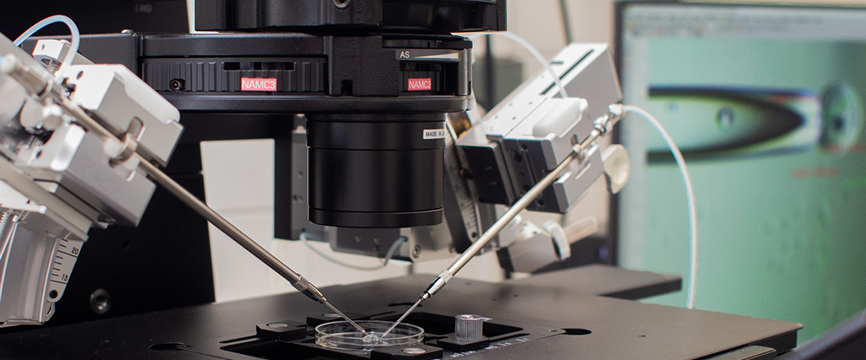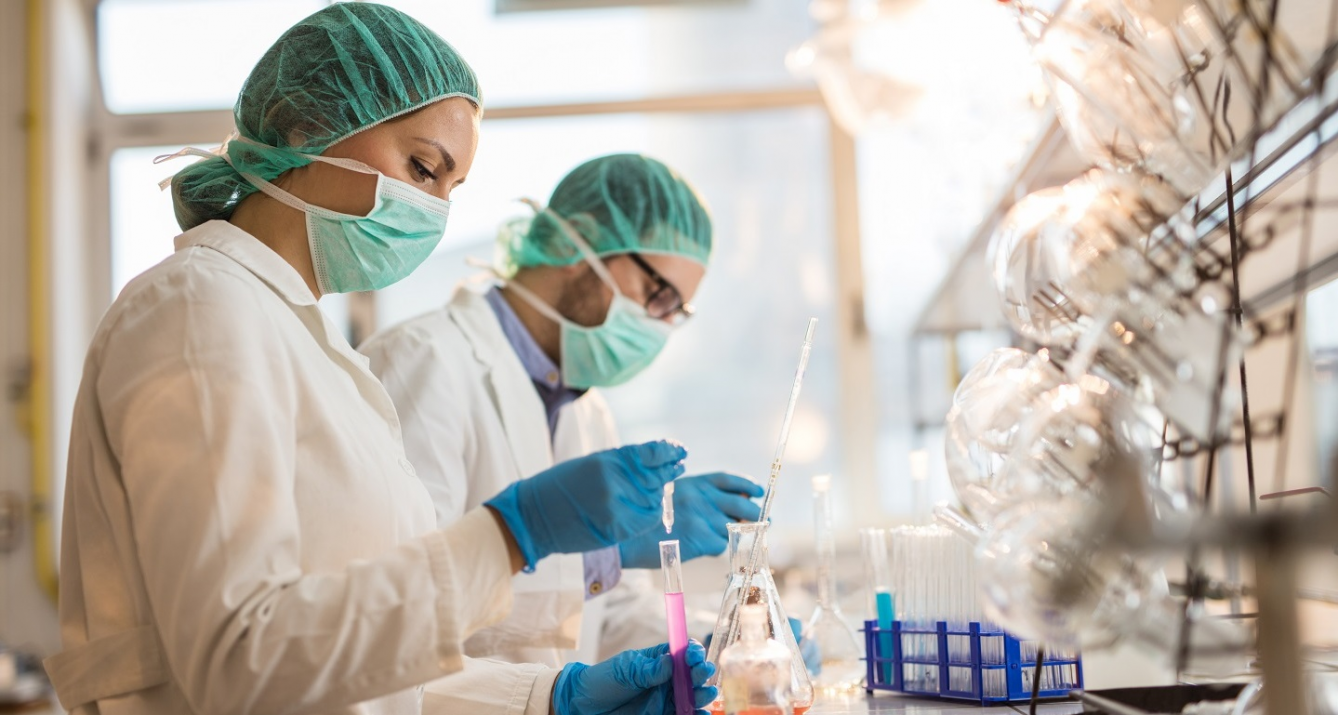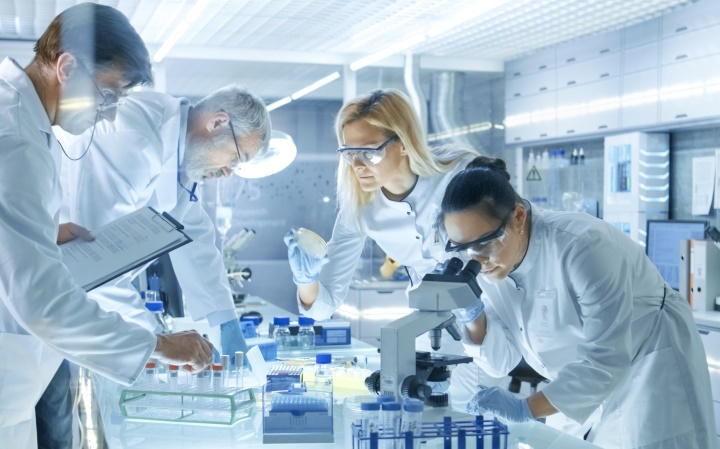
Basic data

Field of Operation
Place of implementation
Description
The National Laboratory on Human Reproduction (NLHR) is dedicated to research into the stages of human conception, including a wide range of inherited and acquired disorders of the female and male organism, the assisted reproductive process and the potential long-term health problems of the resulting children. The Laboratory's methodological repertoire includes not only clinical questions, but also state-of-the-art molecular genetic, genomic, immunological, mass spectrometric and flow cytometric studies, as well as health economics and social issues of human reproduction. The NLHR will not only establish a coordinated innovative research network within the University of Pécs, but will also promote innovation through broad national and international collaborations. The NLHR’s innovative new clinical trial-worthy results will be brought to the European research infrastructures by the HECRIN Consortium.Main research areas:
- Assisted reproduction
- Female and male infertility
- Molecular maternal and embryo diagnostics
- Genetic problems of reproduction
- Immunological problems of reproduction
- Embryo light protection
Benefits to be expected from laboratory research:
- The research would allow the selection of the stimulation cycle and the embryo most likely to produce a healthy offspring.
- In addition to oocytes, the planned studies will also investigate granulosa and endometrial cells for possible benefits of definitive surgical therapy as detected by electron microscopy, and will also look for additional morphological changes indicative of cell quality.
- More effective treatment of male fertility disorders can significantly increase the number of successful natural and assisted reproductive pregnancies.
- The molecular mapping and comparative study of reduced or insufficient male fertility contribute to the restoration of fertility function, resulting in significant financial, risk and stress reduction.
- The research work will use state-of-the-art analytical techniques to identify biomarkers of pathogenesis and develop validated assays.
- There is a lack of information on how assisted reproduction affects metabolic status which is relevant to maternal obesity.
- A comprehensive picture of the prevalence of systemic and organ-specific autoantibodies and autoimmune pathologies in today’s young Hungarian female population (20-40 years old), as well as the population-level protective effect of natural autoantibodies. This describes therapeutic targets that can be used in autoimmune diseases, both in terms of infertility and habitual abortion.
- The use of maternal peripheral white blood cell single-cell transcriptomics to study IVF treatment outcome represents a new approach, in particular the incorporation of expected outcomes into predictive clinical data models based on extensive data.
- It is also expected that molecules will be identified that can serve as biomarkers with quantitative or qualitative changes, which could lead to the development of new microfluidics-based diagnostic methods. The planned research is expected to result in a real, thriving collaboration between national and international representatives of theoretical and practical disciplines, academia and business.
- The epidemiological, social and health-economic aspects of reproduction will be placed alongside the major biomedical research. This approach reinforces the translational nature of the topic, as real-world / big-data data-driven research based on a health insurance database focusing on daily medical practice data will appear in addition to laboratory and clinical research.
Implementers
University of Pécs
Utolsó módosítás: 06 September 2022
Related news
News and Press

News
A hazai kutatók nemzetközi beágyazottságát, kutatás-fejlesztési együttműködéseit nagymértékben elősegíti aktív kapcsolatuk a világ legjelentősebb kutatási infrastruktúráival (KI) és bekapcsolódásuk az ott folyó élvonalbeli kutatásokba. A legkorszerűbb KI-k olyan nagy költségű berendezések, létesítmények vagy adatbankok, amelyek építése, fejlesztése és működtetése meghaladja egy-egy ország gazdasági teljesítőképességét, így nemzetközi együttműködésben valósulnak meg.
18 02 2022

News
Budapest, Saturday, 9 April 2022 (MTI) - According to recent government decisions, a total of ten billion forints will be used in world-class research and development projects and the Cooperative Doctoral Programme, the Ministry for Innovation and Technology (ITM) told MTI on Saturday.
09 04 2022

News
Vice President Katalin Sebők spoke about the functioning, benefits and role of Regional Innovation Platforms in building the innovation ecosystem at the event showcasing university technologies.
28 03 2022




 ENG
ENG

 Back
Back




